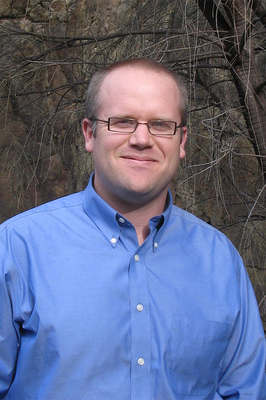University of the Sunshine Coast Professor of Forestry Operations Mark Brown is heading a West Australian field trial into the effectiveness of using machinery to reduce fire fuel loads (plant material) to lessen the strength and speed of bushfires.
Professor Brown, who has been travelling between USC at Sippy Downs and the 185-hectare site at Collie, south of Perth, said the research could produce huge benefits for communities and the environment across Australia.
“If the results show that mechanical fuel load reduction works, this method could be applied in other selected areas where there are towns or infrastructure or high conservation status areas close to bushland, such as across the greater Sunshine Coast region,” he said.
“This method has the potential to cut the cost of bushfire management while improving preventative measures and decreasing impacts.
“Mechanical fuel reduction can be applied throughout the year, as opposed to prescribed burning which requires specific weather conditions. It could allow bushfire mitigation measures in areas where it hasn’t been possible before because of burn risks and smoke issues near people’s homes and public infrastructure.
“It won’t replace prescribed burns to mitigate bushfires, but it could be a complementary tool. In addition, the material removed to reduce fuel loads could be sold to produce sustainable bioproducts or bioenergy.”
Professor Brown said the results of the machine trials in WA would be analysed and modelled by USC Senior Research Fellow Dr Mauricio Acuna, who is based in Hobart.
“Dr Acuna’s work will aim to understand the performance and cost of the mechanical operations, how they relate to the fire mitigation outcomes, and how they compare to the cost of fuel reduction burning,” he said.
Reducing the fire risk

Digital Edition
Subscribe
Get an all ACCESS PASS to the News and your Digital Edition with an online subscription
Airport growth plans
Business and tourism leaders from across Noosa and the wider Sunshine Coast have gathered to hear about ambitious growth plans for Sunshine Coast Airport,...







